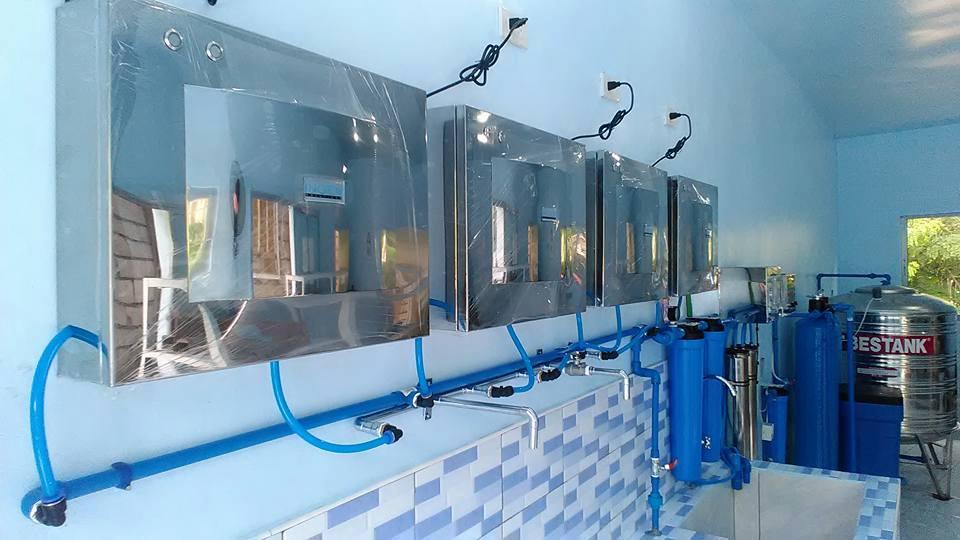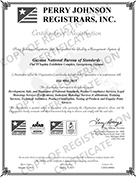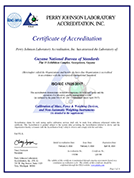The number of water refilling establishments continues to grow countrywide to serve the needs of residents purchasing potable water in the various communities. However, the quality of water for human consumption, especially for drinking purposes, cannot be compromised because of the adverse effects this can have on health and safety. To ensure that suppliers conform to the best practices of producing and bottling water, the Guyana Standard – Requirements for water re-filling premises was developed in 2017.
This Guyana Standard was prepared by the Guyana National Bureau of Standards through the Technical Committee- Foods. It stipulates the requirements for water re-filling premises that produce and retail non-packaged water for human consumption.
In the development of the standard, it was recognised that the number of water re-filling premises has grown over the decade in Guyana, as an economic venture to fulfill consumer demands for wholesome drinking water. However, the methods of producing the water and the way it is offered for sale necessitate the development of requirements. The standard is intended to benefit all water re-fillers and consumers.
In the formulation of the standard, requirements were extracted from the a number of other critical standards, which included the Code of Practice for packaged water, the General Principles of Food Hygiene, Specification for the Labelling of commodities-Part 1: General Principles, Specification for packaged water, and Prerequisite programmes on food safety-Part 1: Food manufacturing. Therefore, the water re-filling standard should be considered as very useful document that must be owned and adhered to by all businesses in the bottling and sale of water. Consumers have the right to ensure that the operations of these entities are in conformance with the requisite requirements. After all, no one wants his/her health and safety to be affected by water or any other food item purchased for consumption.
Regarding the requirements of the water re-filling standard, the standard covers where such facilities should be located, and the design and layout. Such facilities should not be located in areas with objectionable odours, smoke, dust and other contaminants. Design should prevent access by unauthorized persons; process areas (floor and walls) should be washable and cleanable; and materials used should not be a source of contamination. Process areas should also be drainable.
Workers changing facilities, toilets, eating areas, fuel storage areas are also addressed by the standard. These must be catered for by all establishments and properly located to prevent cross contamination. The standard requires that storage tanks be made of inert materials and must be cleaned regularly. Cleaning and sanitation schedules must be established and records kept as evidence of implementation.
According to the standard, water re-filling facilities must be labelled with the brand name or trademark, if any, the address of the facility, net content of bottle water sold, the source of the water used, and the recommended storage conditions. Treatment modification to water, if permitted by Authorities, must also be stated.
All records pertaining to certification, maintenance, sanitation, production, water quality test, pest control, waste management and recall must be maintained. Personnel handling product should refrain from activities such as smoking, chewing, spitting and eating. They must be trained and have food handler certificates.
Testing of water quality is a requirement of the standard. Testing must be done by a recognised laboratory to ensure compliance with microbiological requirements and other parameters for purified water.
Nonconformance by water refilling stations can be significantly reduced if all those involved in such business make the effort to purchase a copy of the standard from the GNBS and adhere to the requirements. The GNBS is exploring the possibility of certifying these entities under its product certification programme so that consumers can readily identify those who are producing bottle water ideal for human consumption.
For further information, please contact the GNBS on Tel: 219- 0066, visit our website: www.gnbsgy.org, message us on WhatsApp: 692-GNBS (4627) or like us on facebook: @gnbsgy

24
Aug





